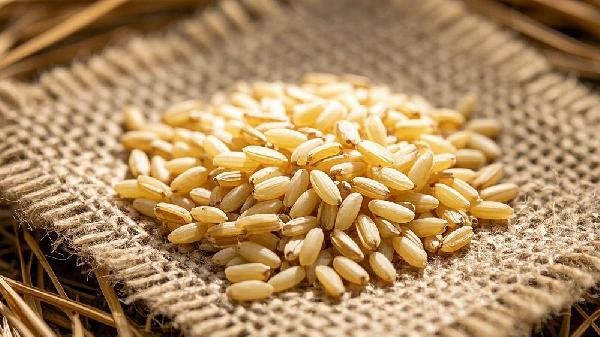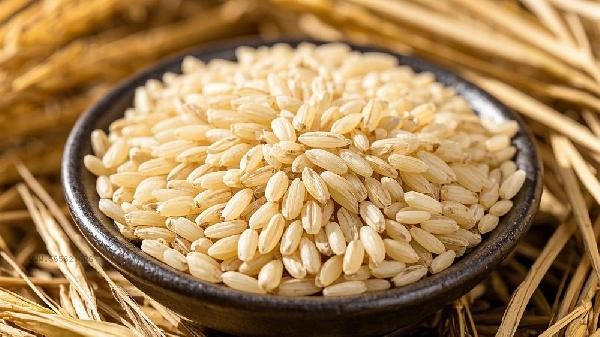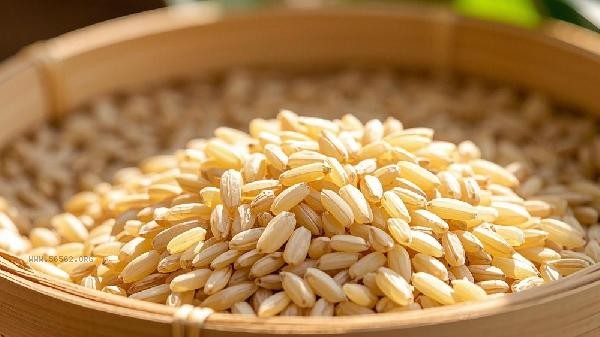Brown rice can be eaten every day as a substitute for rice, but it is important to pair it with other foods to ensure a balanced nutrition. Brown rice is rich in dietary fiber, B vitamins, and minerals, making it suitable as a staple food for a long time. However, people with weak digestive function or gastrointestinal sensitivity need to control their consumption. Compared to polished rice, brown rice retains more nutrients such as dietary fiber, vitamin B1, magnesium, etc. in the germ and bran layers. Dietary fiber can help delay the rise of blood sugar, promote intestinal peristalsis, and is suitable for people with high blood sugar or constipation. The B vitamins in brown rice play an important role in nervous system function and energy metabolism, and long-term consumption can compensate for the loss of nutrients in refined grains. Minerals such as magnesium and zinc participate in various enzyme reactions in the human body, and the content in brown rice is generally higher than that in polished white rice. The outer layer of brown rice contains phytic acid and a higher amount of crude fiber, which may affect the absorption of minerals such as calcium and iron. People with weak gastrointestinal function may experience bloating. Long term single consumption may lead to insufficient intake of certain nutrients. It is recommended to rotate with staple foods such as beans and potatoes. Brown rice needs to be soaked in advance and cooked for an extended period of time, otherwise the taste may be hard and may not be suitable for the elderly or children. Special populations such as kidney disease patients need to control their phosphorus intake and should consult a nutritionist to adjust the proportion of brown rice consumption.

Eating brown rice in combination with miscellaneous beans, potatoes, etc. can improve protein utilization. It is recommended to pair it with an appropriate amount of animal protein and fresh vegetables every day. When cooking, methods such as pre soaking and pressure cooker cooking are used to enhance the taste. Those with gastrointestinal discomfort can gradually adapt from a small amount. Maintain dietary diversity and avoid nutritional imbalances caused by long-term monoculture.










Comments (0)
Leave a Comment
No comments yet
Be the first to share your thoughts!